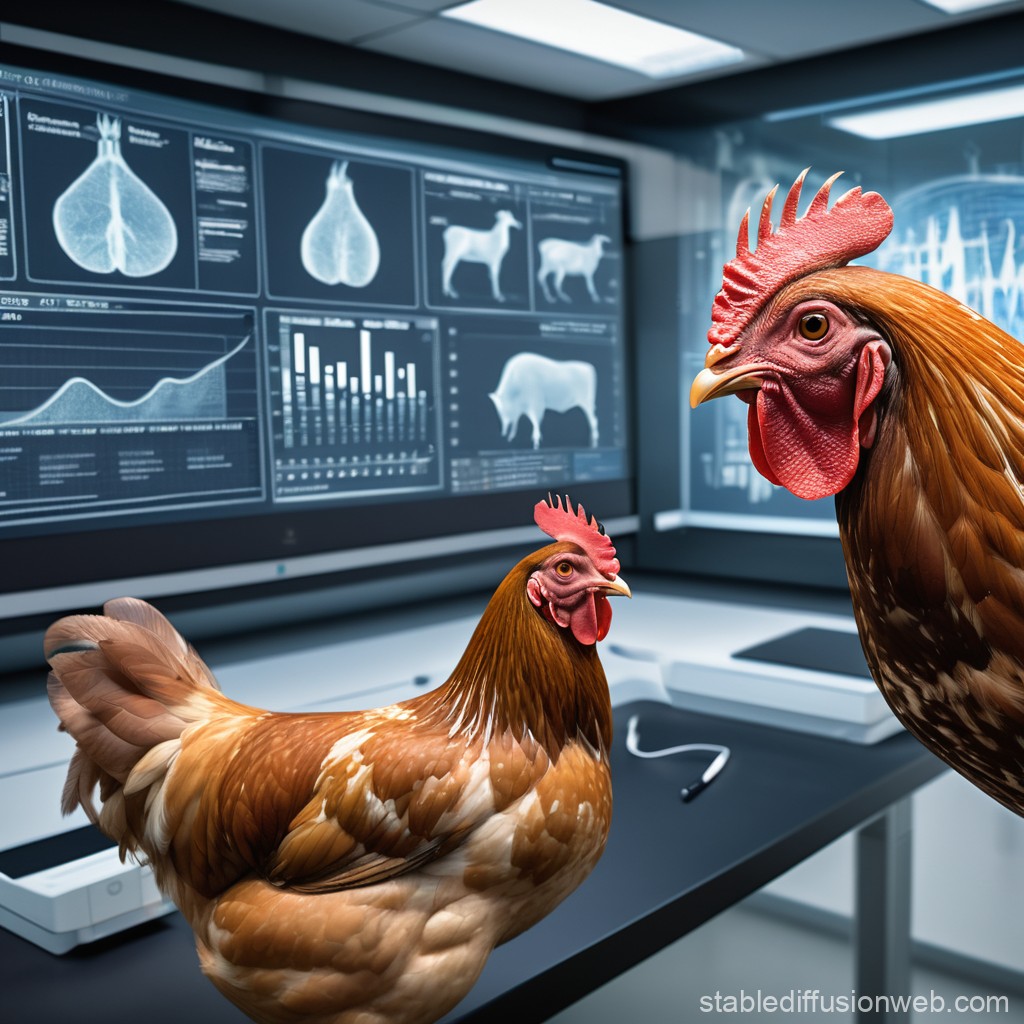
Success Stories

AI in Process Engineering
Enhancing Efficiency Through AI
A process-industry SME wanted reporting that is faster, more consistent, and less dependent on repetitive drafting.
We worked side by side: hands-on prompting sessions, lightweight tooling that fit their existing workflow, and ChatGPT support where it helped with parts of the analysis.
Result: faster reporting, more consistent outputs, and a team that feels comfortable using AI in daily work.
Advanced Data Analysis in AgTech
Data-Driven Nutrient Management for
Enhanced Yields
The question: how do nutrient strategies affect corn yield across sites, and how do we turn messy field data into decisions?
We explored the data together, used quartile-based analysis and predictive models (including neural networks), and narrowed down the variables that actually move yield.
We found phosphorus timing as a key lever and identified soil and plant signals that predict above-median yield with 70%+ accuracy, enabling more targeted fertilization.


Carbon Credit Feasibility Sprint
Unlocking Carbon Credit Potential
Could replacing a high-GWP fumigant with a lower-impact alternative support a credible carbon credit case, and does it make business sense?
We aligned assumptions early, quantified emissions with conservative estimates, and built a financial model to stress-test feasibility against methodology and market constraints.
Outcome: meaningful reduction potential, a credible business case, and clear next steps for validation and execution.
Advanced Data Analysis in AgTech
Advanced Analysis Supports Pioneers in Poultry Health Management
Independently validate efficacy and understand performance drivers across conditions, based on nearly 7,000 measurements.
We combined advanced statistics with probabilistic modeling to capture effects that standard analyses miss, especially near limits of detection.
We confirmed strong efficacy and uncovered better insight into performance in high-risk scenarios, strengthening the evidence base and shaping the next trials.


Advanced Data Analysis in AgTech
Data-Driven Insights for Soil Enhancement
Find when and where a soil enhancer works, using large field trials with highly variable outcomes and 40+ variables.
We compared “good” vs “bad” cases, modeled response drivers using machine learning models, and identified application-rate windows and soil-type effects.
The result was a shift from one-size-fits-all guidance to site-specific recommendations, improving consistency and reducing downside risk.





